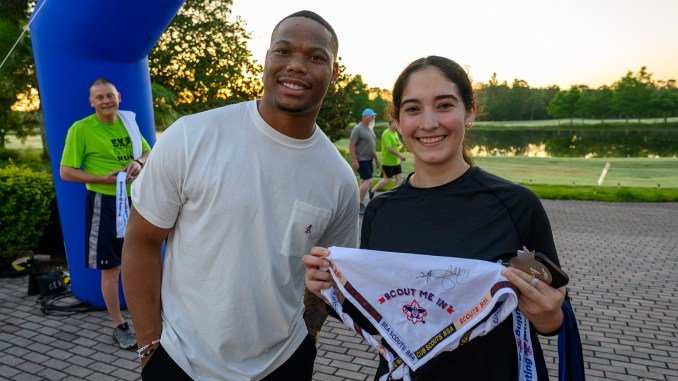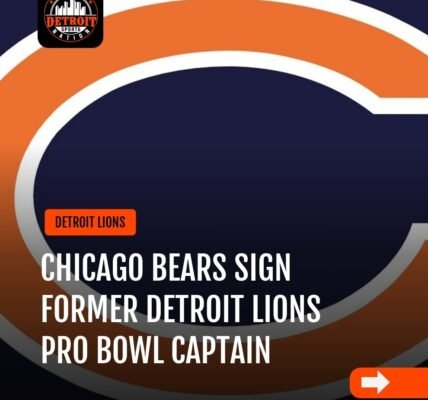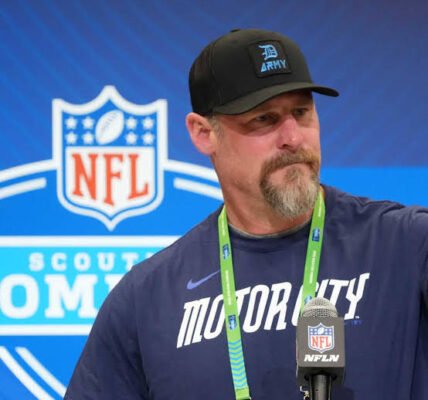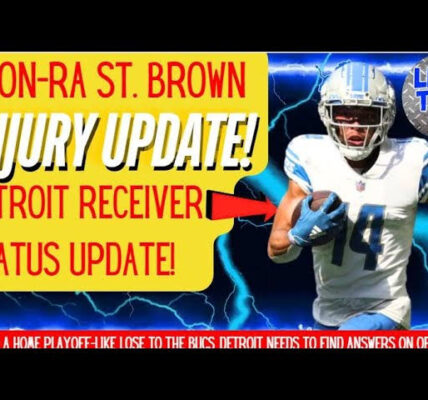Homecoming and healing for David Montgomery—and me
David Montgomery’s return to Cincinnati reminds us that pain doesn’t last forever when healing is on the horizon.
Every now and then, sports give us more than we expect. Usually, it’s just another week exchanged for a brief break—time to relax, hang out with friends, and catch a game before life resets again. It’s a rhythm we accept easily. But sometimes, if we’re fortunate, sports can transcend the routine. They can become a path toward healing.
On Sunday morning, before the Detroit Lions faced the Cincinnati Bengals in their Week 5 game, FOX’s Tom Rinaldi sat down with Lions running back David Montgomery. For the seven-year veteran, it was a homecoming—his first NFL game in his hometown of Cincinnati—and a chance to reflect on where he came from.
“Cincinnati, born and raised. Tough at times, but alive with hope,” Montgomery narrates over scenes of the city. His mother worked endless shifts as they moved from one place to another, struggling to keep the lights on and the house warm. Many nights, there was no meal before bed, no hot water for a bath—things even those long hours couldn’t buy.
Football became Montgomery’s escape, a way to avoid the same fate that claimed several relatives who ended up incarcerated. When Vince Turnage—a mentor at Mount Healthy High School—was murdered, the loss became a defining moment for Montgomery, shaping his life both on and off the field.
“If I could tell that young boy who left home one thing from who I am today: pain doesn’t last,” Montgomery says during the interview. “Don’t let pain stay as a wound that never closes.”
Earlier that same day, a conversation with my mother reopens one of my own wounds. She tells me it’s time to visit my grandmother before it’s too late—but maybe it already is. Alzheimer’s doesn’t just erase memories; it strips away the spark, humor, and heart that made her who she was.
In August, for her birthday, my son and I visited her in an assisted living facility. The room was lined with family portraits—her parents, siblings, children, and grandchildren. She recognized my son, her great-grandson, as “that cute little kid,” but couldn’t recall his name. The look in her eyes told me she probably didn’t remember mine either. Months later, nothing seems to have changed.
It all happened so quickly, quicker than it seemed at first. A voicemail from December 14, 2018, still captures her warmth, laughter, and holiday spirit—the essence of every childhood Christmas memory. I’ve saved dozens more, too. Because now, that pain feels temporary, and those recordings soothe what hurts most. In time, the ache will fade, the wound will close—just as it did for Montgomery on his journey from Cincinnati to Iowa, then Chicago, Detroit, and back again.
Even when you’re not okay, you can still be alright. Sometimes, sports have a way of reminding us of that.




